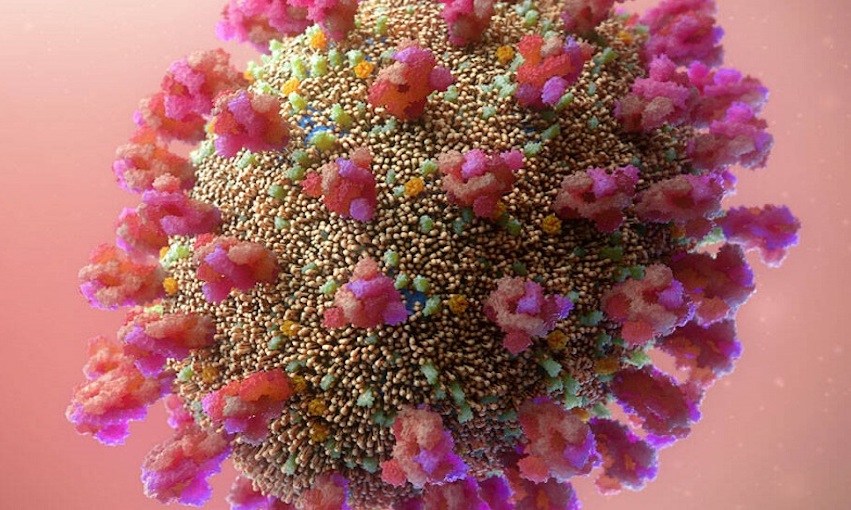NBA player, Andrew Wiggins of the Golden State Warriors, has been denied religious exemption from getting the COVID-19 vaccine. This will mean that Wiggins will not be able to play any games in his home city of San Francisco. What exactly qualifies as religious exemptions, and why has it been more significant with this specific vaccine?
The Food and Drug Administration has deemed all three vaccines Pfizer BioNTech, Moderna, and Johnson and Johnson as safe and effective, according to CBS News. They also reported that, “according to the Centers for Disease Control and Prevention, the only people who shouldn’t get vaccinated are those who had a severe allergic reaction, called anaphylaxis, immediately after a first vaccine dose or to a component of the COVID-19 vaccine.” CBS pointed out that not just any allergy, will exempt you from getting the vaccine. CBS says pregnant women are not exempt either because there have been large studies showing that the vaccine does not harm pregnancies or fertility in women.
CBS noted that President Biden is asking employers to ensure the vaccination and protection of their employees, resulting in many people seeking other options such as medical conditions to avoid getting the vaccine.
The argument of religious exemption from the vaccine stems from Title VII of the Civil Rights Act of 1964 which states that an employer may not discriminate against employees on the basis of race, color, religion, sex, and national origin. Many employees are using this title.
One student, Morgan Montminy is a senior minoring in religious studies. “Religious exemptions through Title VII are a valid reason to not receive the vaccine and it’s our job to respect the choices of individuals choosing not to get the vaccine for religious reasons,” states Montminy.
The religious exemption claim that is being made is that aborted fetuses are used in the production of the vaccine, as reported by The New York Times. The New York Times has credited the recent difference of vaccination and religious oppression to the broad definition of religion in this act. The New York Times states, “religious objections do not have to be recognized by an organized religion and can be beliefs that are new, uncommon or ‘seem illogical or unreasonable to others.” NPR has stated that companies have used fetal cell lines to research and test the vaccine. However, “the vaccines themselves do not contain any fetal cells.”
Pro-life supporters follow the idea that a fetus has life. Religious followers who embrace the pro-life argument, do not embrace a vaccine that uses fetal cell lines to produce the vaccine, as reported by NPR. NPR interviewed the CEO of an Arkansas medical center, Matt Troup, who researched medicines that have used fetal cell lines in the production of their drugs. Some of the brands that include fetal cell lines in production include Tylenol, Ibuprofen, Benadryl, Motrin, Tums, Claritin, and Pepto Bismol.
Montminy stated, “I think it’s important for people to really research about the vaccine and it’s properties instead of relying on other people’s opinions and beliefs in order to get your own perspective and decide for yourself whether you should get the vaccine or not.”
Labor shortages are a result of the pandemic. The New York Times interviewed Matt Staver, a chair of a Christian organization. Staver expressed fears of the amount of vaccine exemption queries. Staver mentioned the “possibility of labor shortages if health care workers quit or are fired en masse.”
Montminy states, “specifically in health care workers, if a religious exemption is used, they are not exempt from following safety protocols.”



